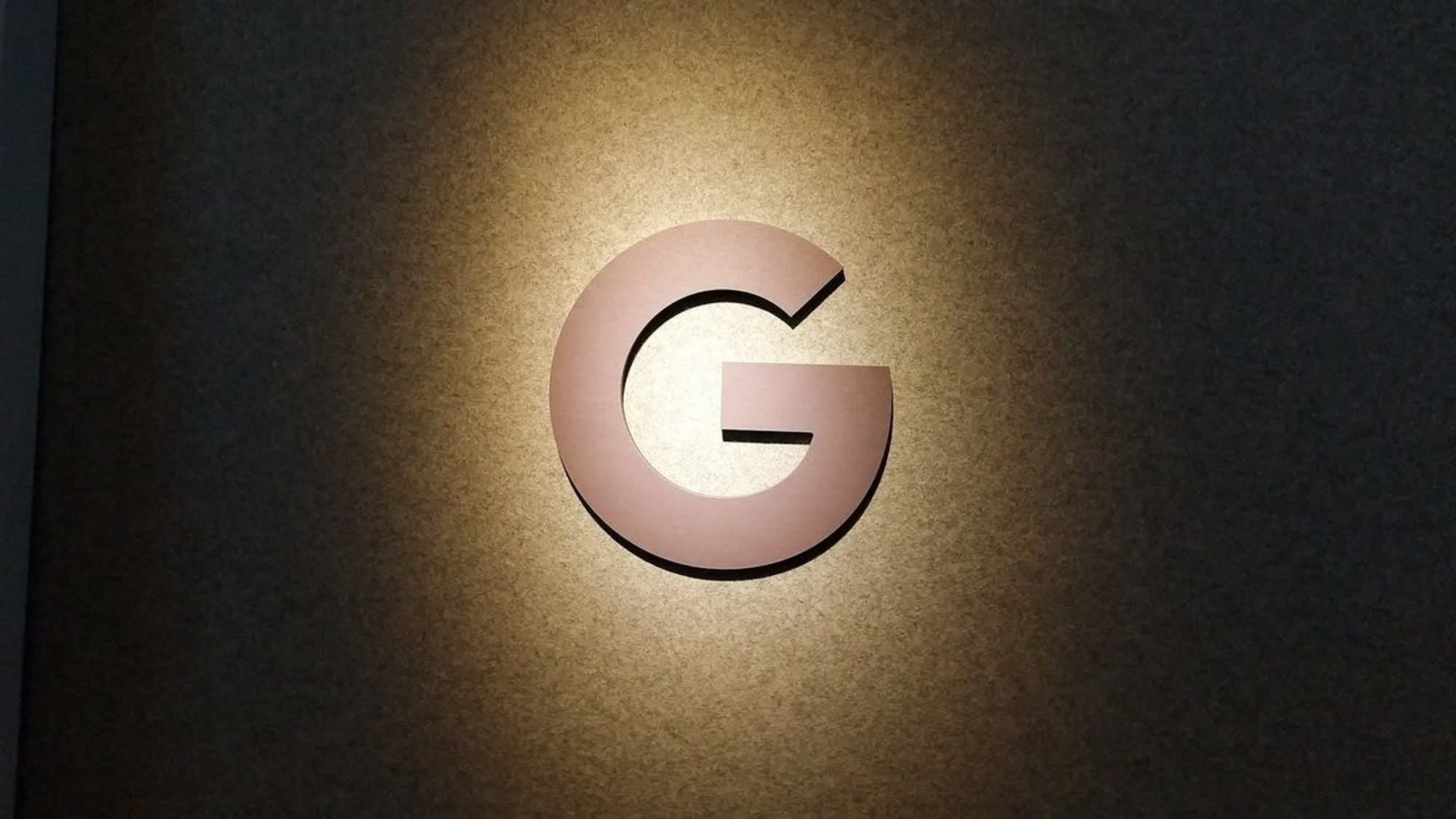A hot potato: The US Justice Department's antitrust lawsuit against Google is finally underway. The DoJ has accused the Mountain View company of monopolistic behavior within the online advertising market. Privacy advocates warn that things may get worse depending on how the case goes.
If the DoJ's lawsuit fails, the online ecosystem could worsen for users and third-party companies. Lawyers, nonprofit organizations, and privacy experts recently held a press hearing about the landmark case, stating that a Google win would jeopardize the future of the open web.
The open web refers to an internet information infrastructure that's free, decentralized, and accessible to everyone. Ideally, the open web would have no central authorities, or "gatekeepers," to control access and manage the information people access through traditional web interfaces such as web browsers.
Google is a dominant gatekeeper for most netizens worldwide. Lee Hepner, a California-based antitrust lawyer and legal counsel for the American Civil Liberties Project, claims that the open web will continue to decline if Google wins the case. He contends that an open web means opportunity for small online businesses. If we lose this ecosystem, the online market will become "increasingly vertical" and entrapped within Big Tech's walled gardens.

Tech Oversight Project Executive Director Sacha Haworth said Google is trying to de-emphasize the harm its predatory business model brings to the web. Google-controlled advertising is "warping" the digital economy, significantly contributing to inflation.
If Google didn't exert a monopolistic influence on advertising, broader market competition would lead to lower consumer prices for online goods and services. Public Knowledge Policy Counsel Elise Phillips notes that the digital advertising landscape should be more accessible and could give small and medium businesses a better opportunity to reach online shoppers. Market researcher Karina Montoya adds that a Google win would lead to a virtually insurmountable divide between the "haves and the have-nots" in the online market.
The DoJ's lawsuit argues that Google created a market monopoly by unlawfully acquiring smaller rivals in the advertising business. It also accuses the search giant of controlling vital parts of the advertising supply chain, actively raising prices to make advertisers pay more and website owners get much less.
